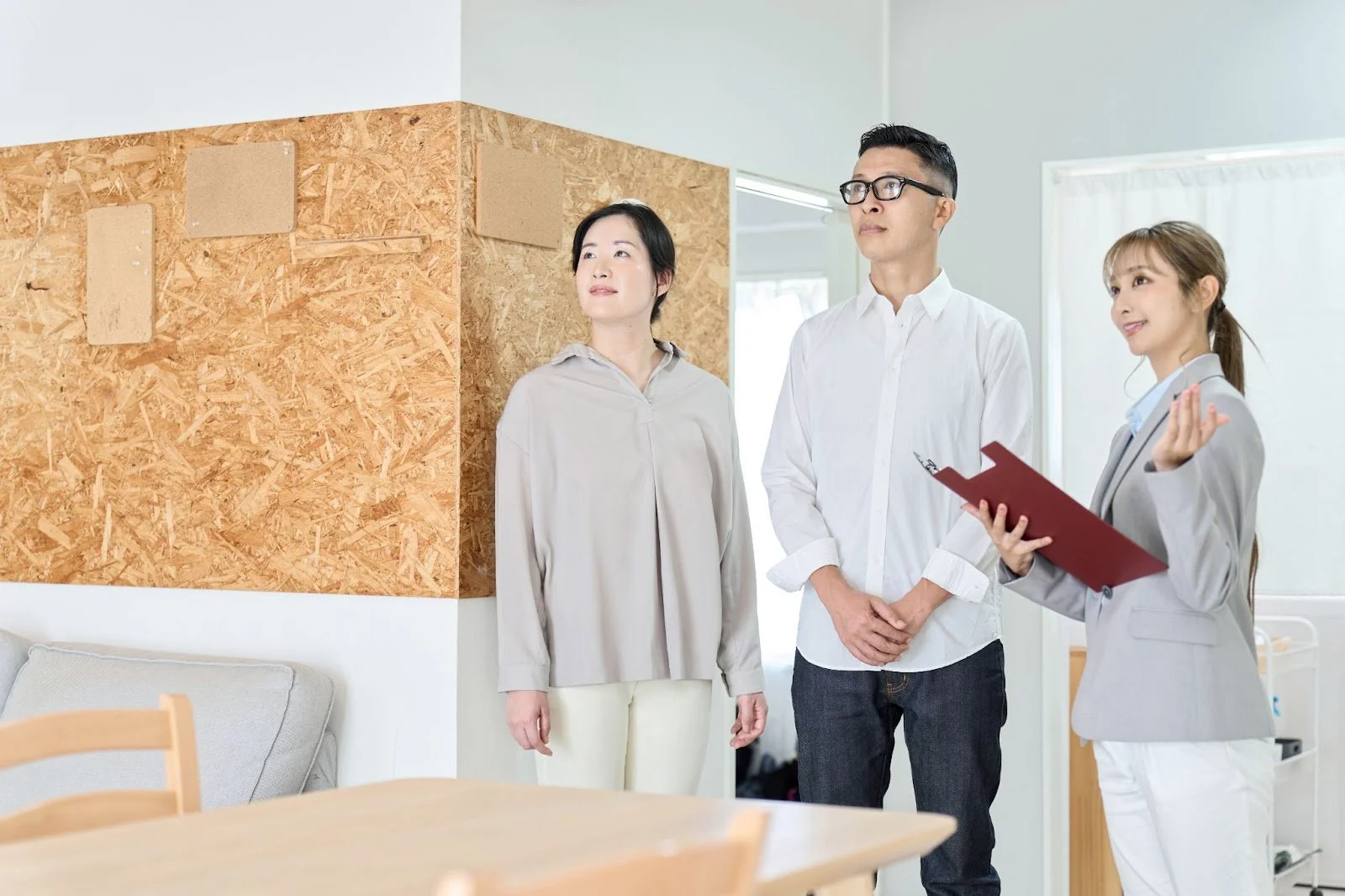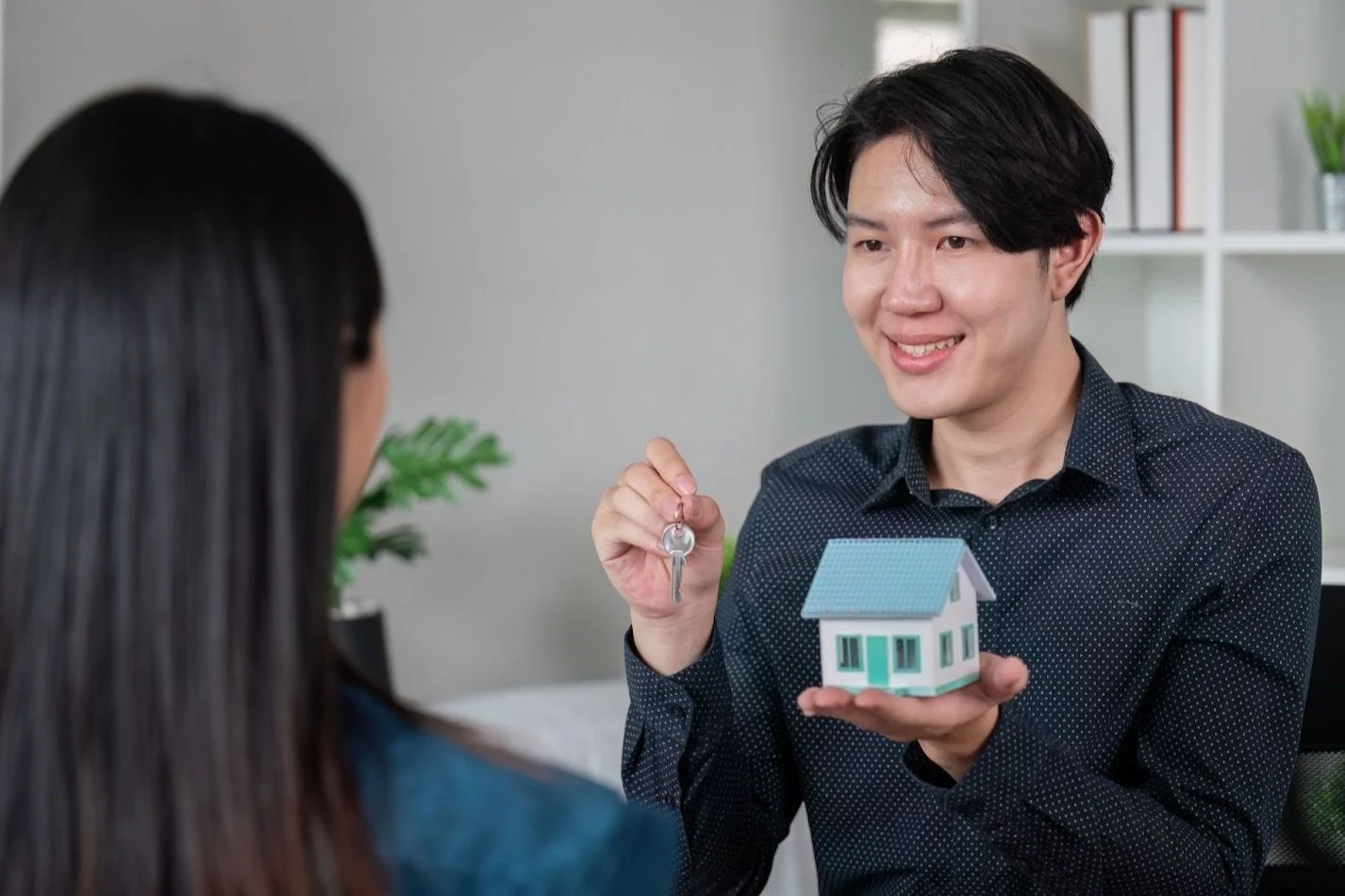Step-by-Step Guide to Sell Property in Singapore
1. Evaluate Your Property
Before putting your property up for sale, the first step is to research the market value of your property, factors like house condition, renovations, location, floor height, access to public transport and furniture are all negotiable factors that both seller and the buyer could use.
All of these factors should be researched and understood by you or your appointed property agent before listing and advertising your property, this is so that you would have all the information that you need to to be used in negotiating with the buyers before making a deal in selling your property.
For HDB flats, you can start by checking recent resale transactions of similar units in your block or neighbourhood via the HDB Resale Price portal. If you're selling a private property, such as a condominium or landed house, the process is a bit more flexible. Use the URA Real Estate Information System (REALIS) or engage a property agent or licensed valuer to perform a Comparative Market Analysis (CMA) to get a more detailed valuation based on floor level, facing, renovation, tenure, and amenities.
But do avoid overpricing your property based on emotional attachment or renovation costs. Buyers are market-driven—and if your property is priced too high, it may sit on the market longer and require markdowns later.
2. Prepare your Property
When it comes to preparing your property for sale, or home staging, doing some simple clean up like clearing up clutter and also doing minor repairs would drastically improve the conditions of the house, removing and replacing some furniture to make your property a much more attractive living space for potential buyers.
Some other tricks like changing up the led bulbs to a warmer colour, keeping the curtains tied up to let more natural lighting in and having some fresh flowers are some examples that you can do to improve the attractiveness of your property when potential buyers come and visit the property.
3. Listing Your Property
After having an expected price and a lowest price set in your mind, and finishing up the home staging and doing some simple touch ups to your home, you can start and use different platforms on social media or property platforms and start to advertise and officially start selling your property on different property hubs or in different social media platforms that you have a large following in to get the most views.
But if you are selling your HDB, you must register your intent to sell on the HDB Resale Portal before you can list your flat, and this is only valid for 12 months before you would need to reregister again.
When it comes to advertising your property, the most important thing is to have great photos showing off your property in its greatest light, So you might want to consider hiring a professional photographer, but you could always do it yourself using your own smartphone or any camera tools you have on hand.
If you have an appointed real estate agent, on top of having them doing all the hard work advertising it on different websites and platforms for you, they will usually have contacts to other property agents each with their own clients looking to buy, or sell, increasing the rate of visits and viewings to your property and reducing the wait time to sell your property.
4. Property Viewing
When it comes to conducting viewing of your property with interested buyers, make sure that you are able to be flexible with timing, and most importantly, be honest with the different questions brought to you by the user. Remember that your goal is to help potential buyers visualise living there. Use natural light and pleasant scents where possible.
But if you’re employing a property agent to help you, its usually a good idea that you are not at the venue during the viewing of the property, it's because that negotiation is best done by a middleman, in this case is your trusted property agent, by having a middle man trying to meet the conditions of both parties, both parties are usually much more satisfied with the outcome and is more likely that a deal will be made.
5. Offers and Price Negotiations
After the viewing and the buyers are still interested in the property, the most important part of the entire process starts, Price Negotiations. Remember to consider both price and buyer profile (e.g., financial readiness, timeline), Be ready with a counter-offer when necessary until you either reach a deal or look for another potential buyer.
Know that buyers are usually looking at multiple properties at the same time, and it's the same for you, multiple buyers may be eying your exact property. This is where your appointed agent steps in and helps you by handling and managing all these buyers, and constantly following up with all the interested buyers.
6. Employ a Conveyance lawyer
After reaching a verbal agreement about the conditions and the price with your buyer, you would need to employ a conveyance lawyer to help you create a Draft and review the Option to Purchase (OTP) and Sales and Purchase Agreement (SPA) for all the involved parties to sign and agree upon. These legal professionals will also help with handling title searches, CPF refunds, mortgage settlements, and send the submission to HDB or SLA.
Make sure that you are able to choose lawyers experienced with your property type (HDB vs private) to ensure that the legal processes goes smoothly and in a timely manner.
7. Grant the Option to Purchase to the Buyer
Once both parties have agreed on a price and the terms & conditions, the next crucial step is to grant the Option to Purchase (OTP). This legal document gives the buyer the exclusive right to buy your property within a specified period—usually 21 days for HDB flats and 14 days for private properties.
For HDB sellers, you must use the OTP form available on the HDB Resale Portal. The buyer pays a small Option Fee, capped at $1,000, to secure this right. The OTP becomes effective once issued and accepted.
In the case of private property, your conveyancing lawyer will help prepare the OTP. The buyer typically pays 1% of the purchase price as an option fee. During the option period, the buyer may carry out due diligence, arrange for a valuation, or finalise financing. Once the buyer exercises the OTP by signing and paying an additional deposit (commonly 4%), the transaction becomes legally binding.
8. Sales and Purchase Agreement (SPA)
After the OTP, a Sales and Purchase Agreement (SPA) is drafted to formalise the deal. The contract holds all the final details about the final sale terms, payment milestones, completion date, and legal obligations for both parties.
For private properties, your lawyer will prepare and review the SPA, which must be signed by both parties. The buyer will typically pay a deposit including the OTP fee. Once the SPA is signed, both parties are legally locked into the deal.
For HDB flats, there isn’t a separate SPA. Instead, all formalities and documentation are handled directly through the HDB Resale Portal. The portal will guide both parties through the submission of resale applications and supporting documents.
9. Complete the Transaction
As the completion date nears, your conveyancing lawyer (for private properties) or HDB (for flats) will coordinate the necessary preparations to finalise the deal. This includes:
Redeeming any outstanding housing loan
Refunding CPF monies used for the property
Stamping legal documents
Preparing documents for title transfer
For HDB transactions, HDB will schedule a Completion Appointment, it will typically take 8 weeks after acceptance of the resale application. During this appointment, ownership is legally transferred to the buyer, and you will hand over the keys to the new owners of the property.
For private property, your lawyer and the buyer’s lawyer will meet to complete the deal, usually at the lawyer’s office or bank. The buyer pays the remaining purchase price, and your lawyer releases the keys to the buyers and the sale proceeds go to you after settling all outstanding payments.
10. Close the Sale
Finally, you close the chapter by officially handing over your property to the new owner. On the agreed completion date, you will:
Transfer vacant possession (unless agreed otherwise)
Hand over all keys and access cards
Settle final utility bills
Receive your net proceeds after CPF refunds and loan redemption (if applicable)
For private property sellers, you may also need to file legal discharge documents with the Singapore Land Authority (SLA), which your lawyer will be handling for you.
Congratulations! At this point, the sale is legally and financially complete. You’ve successfully navigated the property selling process in Singapore.
HDB vs Private Property: Process Summary
To make it easier for you to compare the difference between HDBs and Private Property, Here a table showcasing the step by step of selling of these two types of properties
| Step | HDB Resale | Private Property |
|---|---|---|
| Eligibility | Must meet 5-year MOP | No MOP unless it’s an Executive Condo |
| Listing | Register Intent to Sell | No need for registration |
| Valuation | HDB conducts valuation | Market-based; optional formal valuation |
| Option to Purchase | Standard HDB OTP (max $1,000) | Custom OTP (1% deposit) |
| Conveyancing | Managed via HDB system | Lawyer-managed |
| Sales and Purchase Agreement | No SPA; HDB handles process | SPA required |
| Completion | HDB schedules appointment | Lawyer schedules handover |
Whether you’re selling an HDB flat or a private condo, preparation and professional guidance are key. Understand the steps, follow the rules, and stay calm during negotiations. Selling a property is more than a transaction it’s a transition. With the right steps, you’ll make it a smooth and profitable one
Despite the guidelines and laws clearly listed out on the official webpage like of the Housing & Development Board, selling a property solo still can be a frustrating task, especially without any experience, know all the correct procedures in selling such as knowing what fees to pay, who to pay it and all the different codes and regulations may take hours to days of research to ensure that none . So if you still feel overwhelmed by the hundreds of rules and regulations, why not look for help from professional Real Estate Agents and Partners like David & Audrie?
With Over 10 years of Proven Experience, David & Audrie is the best Real Estate and Property Partner for you! With their patented W.A.T.E.R method, David & Audrie not only can help you buy and sell real estate, but also help you develop a step by step retirement investment plan through purchasing, upgrading and selling property!
So if you’re still looking for help you find, buy and sell property in Singapore, then let the professionals help you negotiate the best prices and conditions, don't hesitate to contact us here at our website by clicking here: David & Audrie or just give us a call by clicking here for all your property needs!







